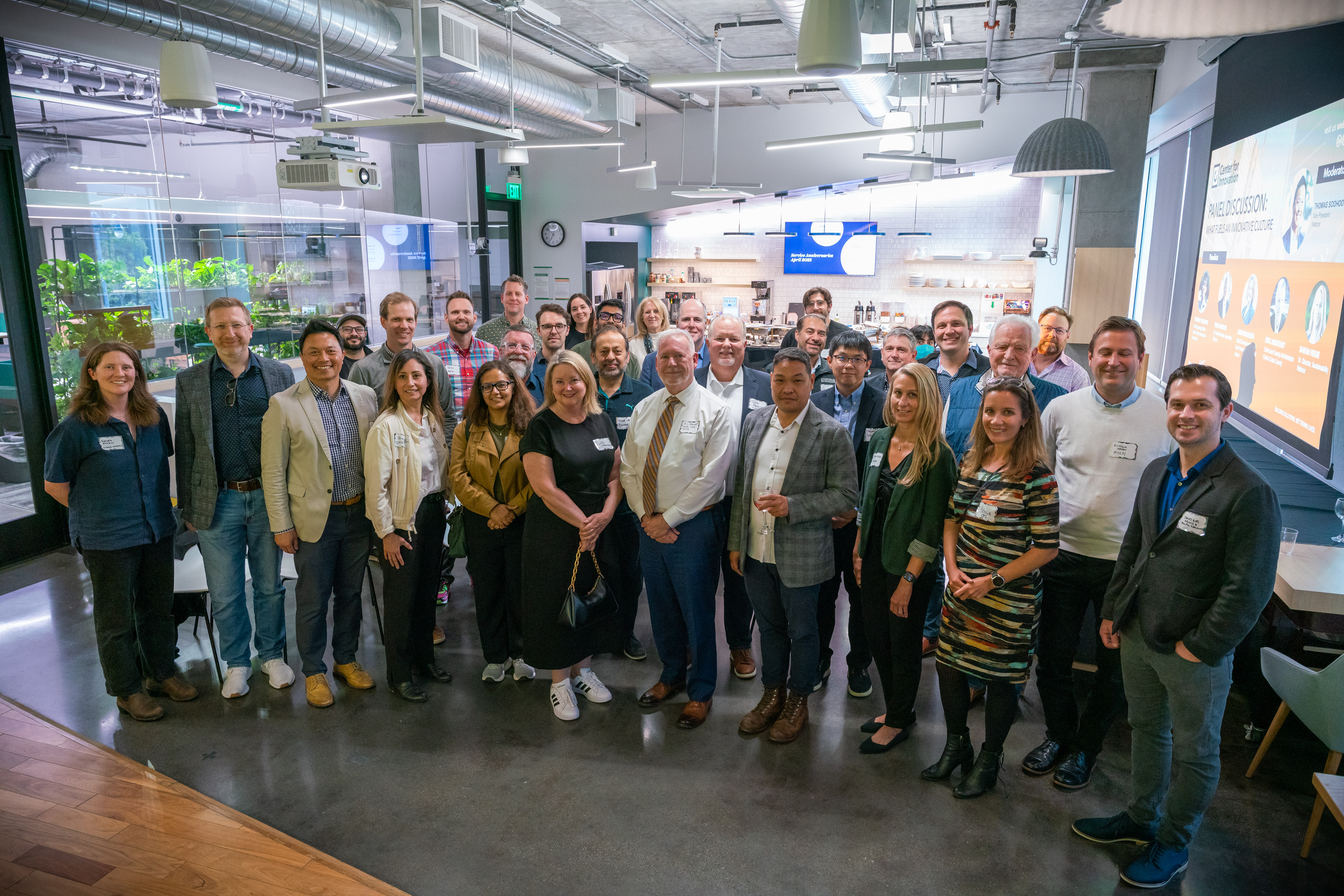

Mr. Dizon is responsible for overseeing all facets of the planning, design, engineering, cost development, and project coordination and management of over $20B of worldwide diplomatic capital construction projects in development. OBO is the single real property manager for all U.S. diplomatic facilities around the world, managing a portfolio of properties in over 291 locations around the world, valued at over $73 billion. Mr. Dizon has over 30 years’ experience in the design and construction industry and has previously served in the real estate and design and engineering offices at the U.S. Department of State. He has been recognized with numerous awards for leadership and superior performance at the Department of State.

Dean Reed led DPR Construction’s Lean Construction for over 24 years and was awarded the Lean Construction Institute’s Pioneer award in 2021. He is a co-author of the book, Integrating Project Delivery, published by Wiley in 2017. He founded the consultancy, Capability-Building, in 2021 after retiring from DPR to help companies shift from management by results/numbers to focus on the means for improving the delivery of built products.


As the founder of Shadow Ventures, a seed-stage tech investment firm, K.P. combines expertise in advanced technologies as an experienced entrepreneur. He's a globally recognized authority in AEC, AI, robotics, and automation and the author of two books. Reddy is passionate about launching startups, raising investments, and leading exits.


Kristine is an accomplished and dedicated steward of the University of Washington campus, where she directs the planning and physical development of the built environment, both inside and out. With a strong commitment to solving complex issues through creative solutions, Kristine is adept at strategically navigating and cultivating cross-functional discourse amongst campus leaders, trade experts, and design professionals to effectively balance limited resources with unlimited ambitions.
Within the design profession, she has earned great respect for her tenacious advocacy and encouragement to continually strive for design excellence, resulting in numerous project design awards at the University of Washington. One of her proudest accomplishments is the vision and insight she provided over a ten-year timeframe, resulting in the revitalization of the lower Rainer Vista, an iconic and campus-defining landscape.


Bio coming soon!


Marina has served as the University of Michigan's executive director for Architecture, Engineering and Construction since 2000. The department is currently responsible for designing and constructing all capital projects at the Ann Arbor, Dearborn, and Flint campuses in support of the university’s academic, research, healthcare, athletic, and student life missions. The AEC team consists of architects, engineers, construction professionals & skilled trades, and support staff. Roelofs' wide-ranging experience in the construction industry spans from design and construction management to facilities operations and construction contracting. Before coming to U-M, she was the assistant vice president for facilities at the University of Toledo. She was responsible for directing and managing the university capital program and the facilities maintenance activities. Roelofs' career in the construction industry began over forty years ago at General Motors Worldwide Construction. In her 15 years at GM, she managed numerous Construction projects for various GM divisions, directed processes for the management of the project, directed resolutions of claims, and participated in the Business Roundtable Construction Industry Cost Effectiveness Program.


Dr. Semiha Ergan is a faculty member at the Department of Civil and Urban Engineering and Computer Science and Engineering at New York University, and an associated faculty at CUSP. With her background in civil engineering, data science, and building informatics, she works on improving buildings’ performance during the design, construction, and operation phases. She leads the Building Informatics and Visualization Lab (biLAB), where she actively seeks data-driven and model-based solutions to operational challenges associated with the construction and operation of civil infrastructure systems, with an emphasis on buildings. Her work has been supported by DOE, NSF, DARPA, and private organizations.


Bio coming soon!

Bio coming soon!


Center for Innovation is a catalyst to improve the built environment and inspire innovation. We facilitate the exchange of ideas, knowledge, and insights to address challenges and opportunities in our industry.

In 2012, six leaders in the AEC (architecture, engineering, and construction) industry, J. Stuart Eckblad; Nicki Dennis Stephens; Zigmund Rubel; Jim Bedrick; Cliff Brewis; Dave Higgins, Jr.; and Howard Ashcraft came together to found the Center for Innovation in the Design and Construction Industry (CIDCI). The founders were soon joined by Dean Reed and Ian MacLaren.
With roots in the Collaborative Process Institute and Integrated Project Delivery movement, and with the support of the American Institute of Architects, California, the founders were driven by a desire to create a cross-disciplinary opportunity to improve the industry. Initially focusing on the San Francisco Bay Area, “in-person” events brought together diverse speakers sharing compelling stories of innovation.


We are an in-person event organization to engage attendees in experiences and discussions innovation. These experiences include Property and Construction Tech start-ups, mature firms discussing current issues, and visits to projects under construction. We also host an educational laboratory, led by business school professors to in cubate innovation in the AEC, and we have hosted over 100 on-demand sessions on adiverse range of topics that can be found on You-Tube.
We also became a charitable organization with a new legal name: The Center for Innovation in the Design and Construction Industry Foundation. And, by 2022, the organization came to be known colloquially, as the “Center for Innovation.”
The Center for Innovation also offers a unique opportunity for emerging leaders to employ design and systems thinking in pursuing an innovative idea called the Innovation Lab.


As the Center for Innovation looks ahead, we thank our founders for their vision. We seek to remain true to our mission of serving as a catalyst to improve the built environment. Join us today.






